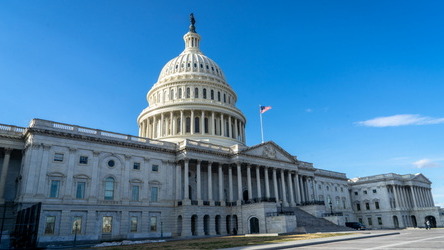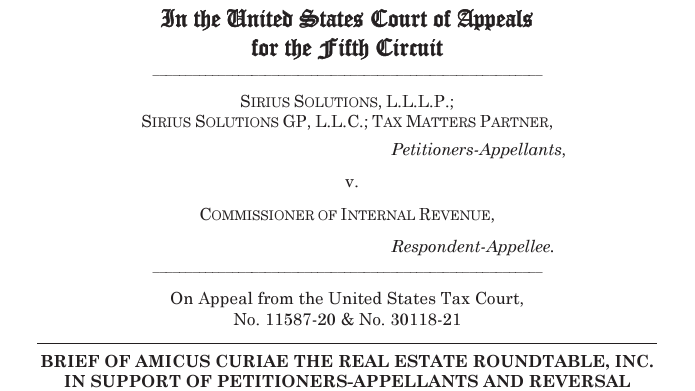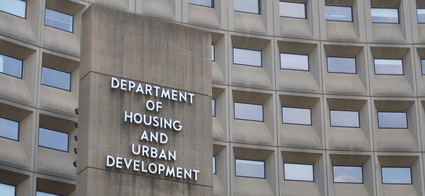
As budget negotiations continued this week in the House and Senate, President Donald Trump met with Republican lawmakers on Thursday to discuss his tax priorities.
Tax Talks
The Roundtable’s Position

Senate Proposal

House Proposal
GOP leaders have warned members that full details won’t be available until Monday, and a topline spending agreement remains elusive.

Over the past week, new developments have emerged regarding tariffs affecting China, Canada, and Mexico. As the situation continues to evolve, industry leaders are closely monitoring the status of these executive orders and their impact on affordable housing and the cost of essential construction materials.
State of Play
Commercial Real Estate Impact

Tariffs and Clean Materials
As attention now shifts towards the new March 1 deadline, The Roundtable will continue to provide updates as the global trade situation evolves.

This week, the General Services Administration (GSA) announced its plan to sell half of the federal properties it leases—a decision that compounds President Trump’s return-to-office mandate and Elon Musk’s “buy out” offered to federal workers. (Newsweek, Feb. 5)
Why It Matters
What to Watch
The Roundtable will continue to keep members informed about further developments as the administration's policies evolve.

This week, the Fifth Circuit heard oral arguments in Sirius Solutions v. Commissioner, a pivotal case that could redefine the self-employment (SECA) tax obligations of many partners in real estate and other limited partnerships.
At issue is the longstanding statutory exception from SECA taxes for limited partners and recent efforts by the IRS to restrict the scope of the limited partner exception to only passive investors.
Why It Matters
Roundtable Advocacy

Oral Arguments
A decision is expected in the next few months. The Roundtable remains committed to protecting entrepreneurs’ ability to flexibly organize in partnerships and other pass-through entities that promote capital formation, risk-taking, and economic growth, and it will remain engaged as the SECA dispute moves forward.

Scott Turner was confirmed Wednesday as Secretary of Housing and Urban Development (HUD) and outlined his top priorities, including privatizing Fannie Mae and Freddie Mac, streamlining HUD operations, reducing regulatory barriers to lower housing costs, and expanding opportunity zones to drive investment in underserved communities.
A HUD Overhaul
Opportunity Zones Revival

The Roundtable continues to encourage policymakers to enact measures that will expand America’s housing infrastructure. We also remain engaged in potential reforms to the GSEs to ensure that they continue to meet America’s housing finance needs.